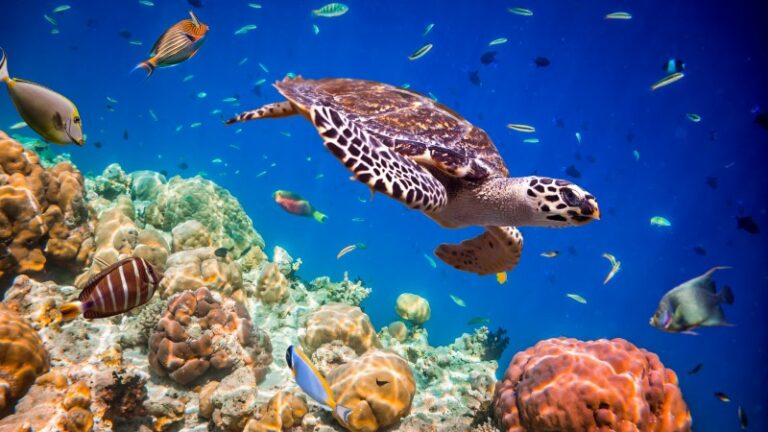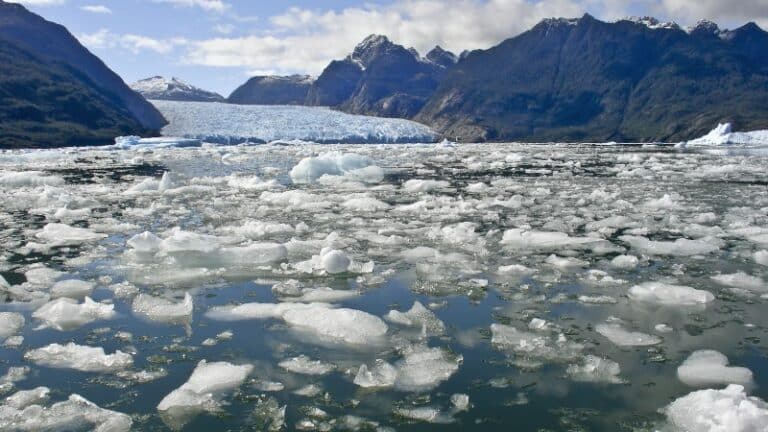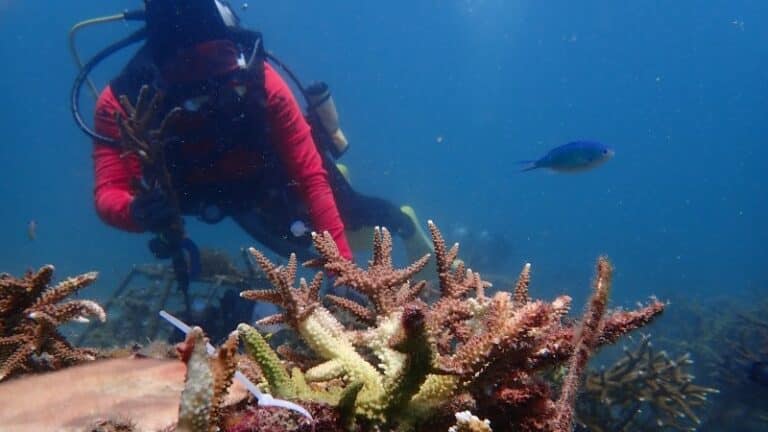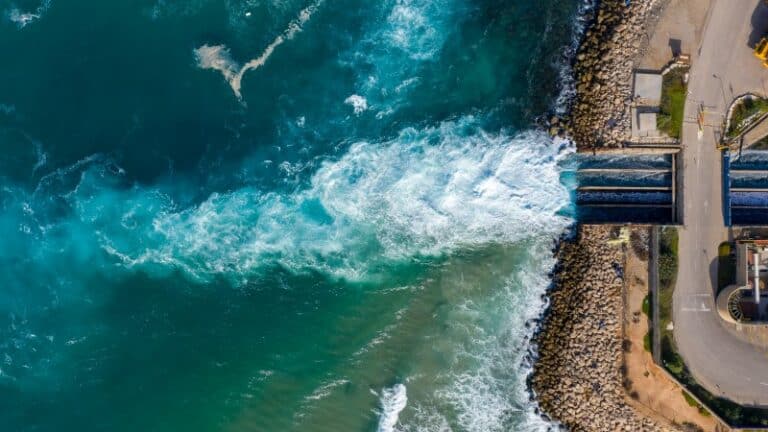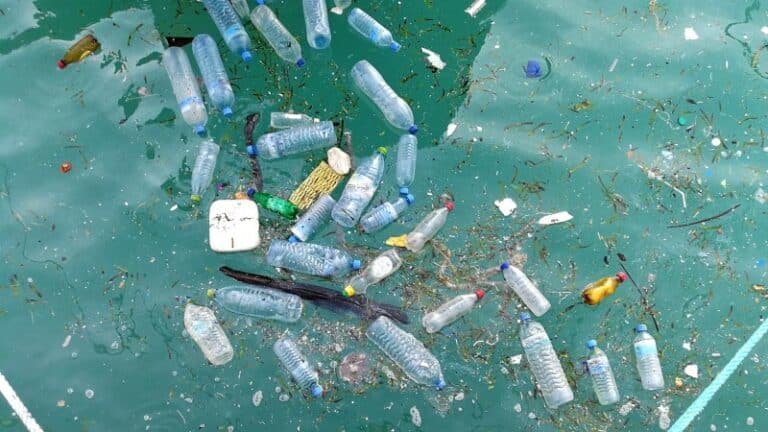10 ways to take action for our ocean
The global sea surface temperature has hit a new record. Globally, we have already lost half of our mangroves and half of all coral reefs. And pollution is increasing: 80% of global sewage flowing into our ocean untreated, and more than eight million tons of plastic entering the ocean each year.

